Smash Your Flash: The Craft of Short (Short) Fiction
A twelve-part masterclass covering everything you need to learn the craft of short (short) fiction with award-winning writer Jo Gatford
Hey there, story-seekers.
Jo Gatford is here to deliver your next course—Smash Your Flash: The Craft of Short (Short) Fiction. During this workshop we’ll be covering a range of different approaches and exploring the elements of flash fiction, including:
How to get started: borrowed structures
Mining for subtext and identifying the ‘turn’
Manipulating time and space
Interweaving story threads
Experimentation and magical realism
Difficult subjects: how to write around them
Developing and editing your flash drafts
It will be a smorgasbord of techniques for you to build a flash with. The trick is finding the right structure, voice, and style to suit your story idea, which is exactly what we’re going to learn!
Lessons
About The Instructor
Jo Gatford is the author of The Woman’s Part, a hybrid collection inspired by Shakespeare’s women, and holds an MA in Shakespeare & Theatre from the Shakespeare Institute in Stratford-upon-Avon. She is also an award-winning novelist, poet, flash fiction writer and scriptwriter, with over 70 publications, including the Bath Flash Award, SmokeLong Quarterly, The Forge, trampset and Stylist. She has been an editor and mentor for 15 years, and has been teaching creative writing and narrative theory for over a decade. Find out more at www.jogatford.com



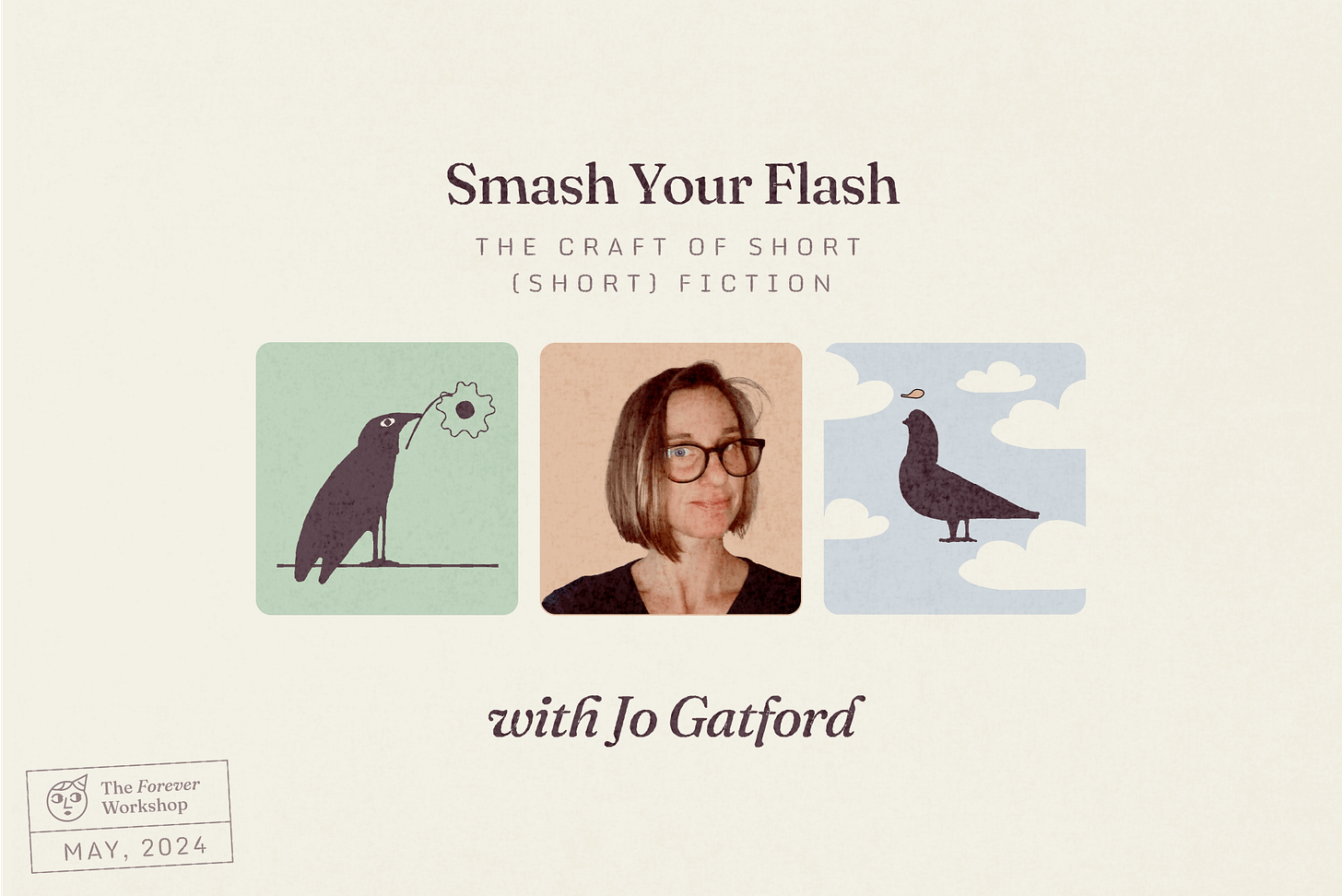
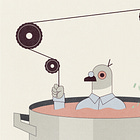
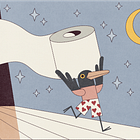

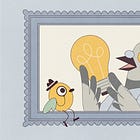

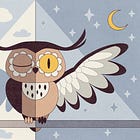
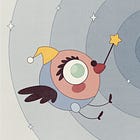

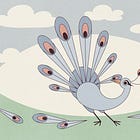
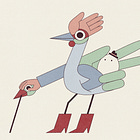

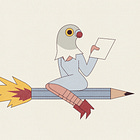

Looking forward to this - flash and micro fiction (with a preference for SF) are what I write 🙂
Big fan of flash, have been playing with it for several months and look forward to the course. Thank you!